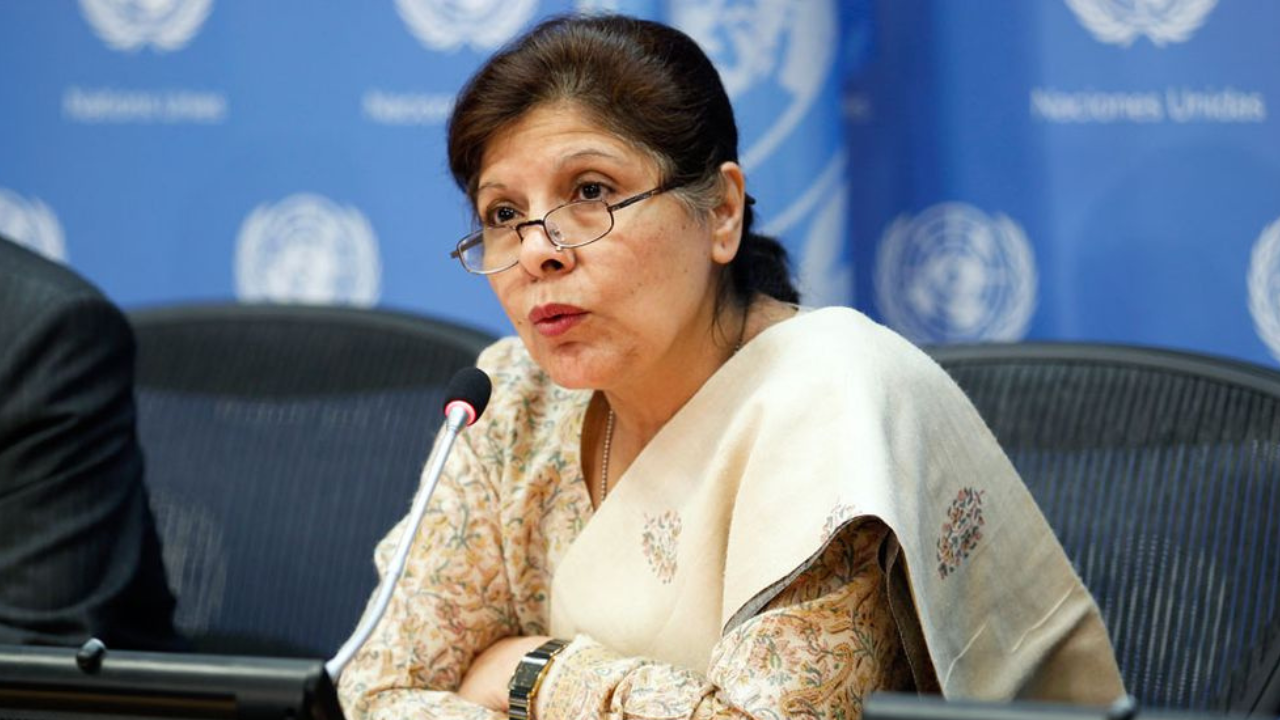Caretaker Federal Minister for Finance, Dr. Shamshad Akhtar, recently addressed the Pakistan Business Council (PBC), offering reassurances about the country’s economic stability. She highlighted measures taken by the interim government to combat issues like smuggling and to reduce the gap between inter-bank and open market exchange rates. The Finance Minister’s remarks aimed to instill confidence in the business community.
During a lengthy two-and-a-half-hour meeting, PBC members appreciated the government’s efforts to tackle energy and fuel pricing challenges, which were crucial for sustaining the IMF Stand-By Agreement. However, the PBC urged the Finance Minister to focus on a more reform-centric approach in the upcoming IMF program, particularly in broadening the tax base and addressing fundamental flaws in the energy sector.
The meeting also touched upon concerns about the disproportionate tax burden on the formal sector, differences in tax rates between corporate and unincorporated businesses, and the levy of minimum tax during tax holidays and on listed companies. High taxes on salaried employees and shifts in the taxation of inter-corporate dividends were also discussed.
In response, Dr. Shamshad Akhtar pledged to organize focused discussions on these issues with the Federal Board of Revenue (FBR). She also revealed plans to establish a Tax Policy Unit independent of the FBR and to seek input from the IMF’s Fiscal Affairs Department regarding the concerns raised by the PBC.
Additionally, the PBC emphasized the need for competitive power pricing for the industrial sector to boost job creation, promote exports, reduce reliance on imports, increase tax revenue, and manage surplus power generation capacity, particularly during the winter months. They proposed expediting transmission projects to deliver low-cost power, restructuring Independent Power Producer (IPP) debt, and converting certain projects to government-to-government (G-to-G) terms. They also recommended reducing transmission and distribution losses and transitioning to cheaper local coal for some projects.
The Finance Minister expressed the government’s commitment to reducing tariffs and welcomed PBC’s suggestions. The PBC called for a coordinated approach across government ministries to enhance exports and suggested operationalizing the EXIM Bank, investing in brand building and IT companies abroad, streamlining export pricing, and ensuring certification roles of PSQCA and DRAP.
Furthermore, the PBC encouraged foreign direct investment (FDI) in projects that boost exports, enhance food security, and bring new technology. They reiterated the importance of IMF support, and the Finance Minister affirmed the government’s dedication to meeting the IMF’s conditionalities.
In summary, the Finance Minister’s interactions with the Pakistan Business Council reflect ongoing efforts to stabilize Pakistan’s economy, address taxation concerns, and promote economic growth through strategic initiatives.




